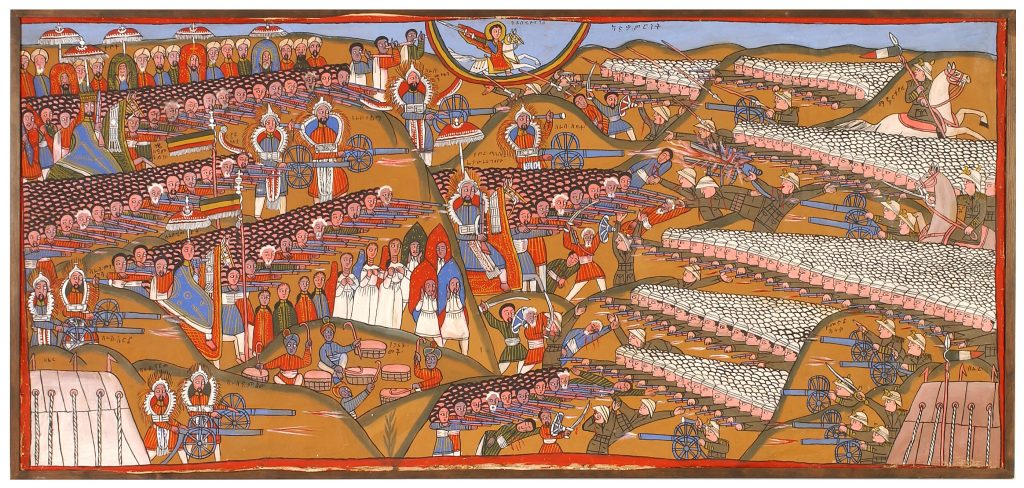Challenge view
Back to ProjectTelling a different story: a new reading of subalternity in notebooks
During his fieldwork in Vanuatu (1910-1912), the ethnologist Felix Speiser (1880-1949) was using different formats of notebooks to collect data. After returning to Basel, he spent years to manage this data and allocate it to museum categories. His huge collection of objects and photographs is well known as well as his publications. Browsing his notebooks, however, one can find a wild assemblage of different genres, from names of people and places, to anthropometric calculations, from cartoons to true to detail drawings, from detailed observations to strands of thoughts. As this material is so extensive and on top, his handwriting is very hard to read, this data seems to refuse access and analyzation.
Having the colonial burden of museum categories in mind, our project seeks not to use those categories again, but to find alternative ways to make the Felix Speiser archive accessible. Although the archive should be open to the public, we want to reach out to communities from Vanuatu and other stakeholders to work with the Felix Speiser archive and the Museum der Kulturen Basel as an institution. How can this extensive material be tamed, and its mostly unknown content be made accessible so that not only the museum can work with it but people around the world?
To achieve more accessibility, we would be very interested in being able to search Speiser notebooks for certain key terms. Toponyms, people names or travel routes, that are dispersed in different formats of notebooks, could be particularly valuable. Or data on objects, certain cluster of words, colonial content or architectural features to name a few examples. In shifting the focus, we hope to reconsider and finally decolonize Felix Speiser’s legacy.
Image source: abebooks
Make provenance data machine-readable with AI & expand knowledge with Wikidata
GLAMhack 2023

